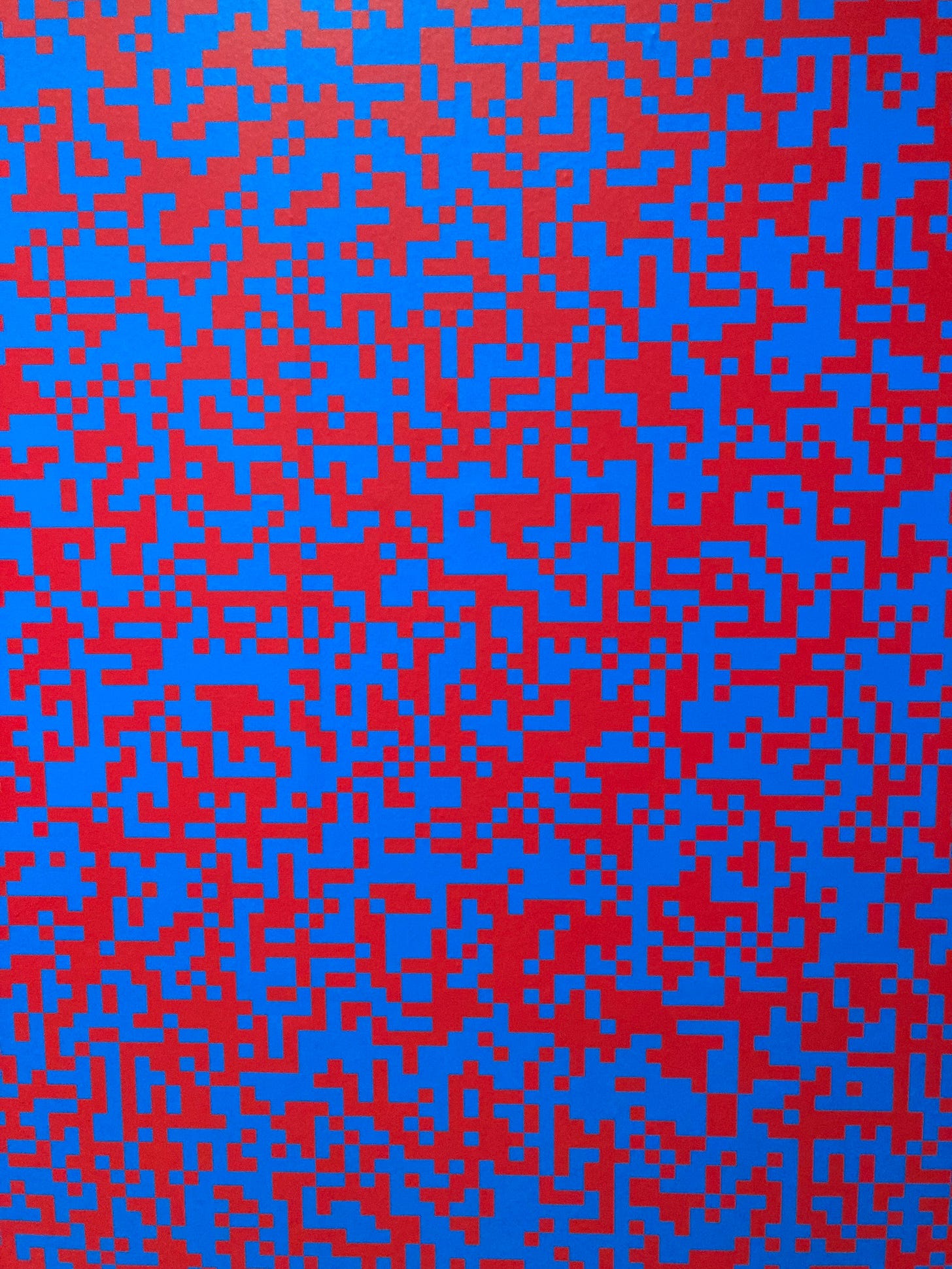PubTech Radar Scan: Issue 28
Libraro crowdfunding, a loyalty SaaS solution, a wave of peer review platform updates, future thinking about AI and GenAI, Altmetric insights from Bluesky, Google’s impact on small publishers and more
Procrastinating on this newsletter has left me with an enormous list of interesting links and potential things to include, here's a fairly random selection of what’s captured my attention over the last 6 weeks:
🆕 New, newsworthy & new to me
Libraro, a blockchain-based platform that gives writers the chance to bring stories to life, is crowdfunding 💷 [Pitch on Crowdcube, requires login I LinkedIn post]
SciScore and bioRxiv Launch New Key Resource Tables for Preprints
Turn ChatGPT into Grammarly with EditGPT
SprinerNature was advertising for a PM to work on a ‘loyalty SaaS solution’ "...driving long-term publishing success... by selecting and integrating a loyalty SaaS solution to recognize and celebrate diverse research contributions while offering valuable benefits to researchers". The Times They Are A-Changin'!
✍️ Peer Review & Peer Review platforms
It feels as if the sleepy and somewhat moribund* world of peer review platforms has suddenly come to life:
Molecular Connections acquired Morressier and Editorial Office Ltd. More about Morressier acquisition in Scholarly Kitchen analysis by Roger C. Schonfeld
River Valley Technologies Releases Version 3 of ReView which now includes Integrated Research Integrity checks and annotated Peer Review
ScholarOne has published their 2025 Product Vision focusing on research integrity, rethinking the Author, Reviewer, and Editor Experience, modernization, and community-focus
Reviewer Credits has a new lease on life under Sven Fund’s and a newish podcast
🤖 AI
Avi Staiman, in Science Editor, calls for more nuanced AI policies in publishing, advocating for a risk-based framework: AI use and declaration: When Declarations Just Don’t Cut it: Building a Risk-Based Framework for AI Guidelines in Publishing
Kent Anderson’s Deep Research = An Ignoramus is a reminder of how wrong GenAI can be when data is scarce—though it often delivers “good enough” results for most use cases.
Adam Hyde’s Documenting My Assumptions on AI and Schol Comms is a thoughtful look ahead, predicting rapid AI coding advances, collaborative user agents (CUA), and digital worker evolution. I agree with Adam’s thinking, one area I see coming is a shift from text to voice interactions with AI. I recently saw a demo where someone created a full presentation using ChatGPT—research, summarising text for slides, and generating visuals—without touching a keyboard.
🎯 Interesting opportunities
Peter Suber is seeking expressions of interest from nonprofit orgs to take over the Open Access Tracking Project and the open-source software on which it runs.
Deanta has just launched its annual Trends in Academic Publishing Survey and wants your opinion
Our first AI, Publishing, and EdTech meetup went well, join our LinkedIn group at https://www.linkedin.com/groups/13180046/ for updates about the next event. Michael Upshall has a good write-up of Phil Gooch’s great talk Nine Rules for a Start-up. If you would like to speak or can help with a venue please get in touch!
📖 Mind-expanding longer reads, watches, and listens:
🎙️ The latest episode of Midnight at The Casablanca with Paul Peters has a section about the development of Phenom - which reminded me how dynamic the open-source space was from 2018 to 2020.
💬 Mike Taylor, Head of Data Insights at Digital Science, shared A first look at Altmetric insights from Bluesky, in mid-Jan, “the most shared piece of research is “A Place of Joy”, an article published in Nature about the growth of the research community on Bluesky. The oldest article is a 1684 account of an earthquake near the ancient city of Constantinople, while the most viral papers (those that have the highest ratio of reposts to original posts) are those that discuss issues relating to DEI in academia, and the use of generative AI.”
💬 Tom Chatfield in Thinking out loud onscreen argues that “the need to reach out to one another through felt and crafted words will endure even while who “we” are will become a question inseparable from the technologies that ceaselessly mediate the world for us”
💬 Luc Wiesman’s Google's Algorithm Is Turning Original Journalism Into Zero Sum Game for Small Publishers is a stark read. As Google’s organic traffic plummets—down 90% for some—Australian editorial teams from Carsales to LadBible are gutted, threatening niche publishers' survival.
💬 Are We Making the Most of Digital Forms of Scholarly Communication? in Katina Magazine notes that even back in 1922, W. J. Crozier declared that “the journal method of publication had become antiquated”.
📺 The JournalismAI Festival was a fantastic and incredibly diverse event, try starting with Journalism and AI - Future Trends
💬 Kim Eggleton wishes for “submission system providers, please develop your APIs and collaborate with the new integrity tools entering the market; and emerging start-ups, consider integrating your innovations with existing systems – it will help your products reach users faster and allow us collectively to build a more efficient and trustworthy publishing ecosystem”. Highwire, Clear Skies, and DataSeer have done just that. [Press release]
🖼️ And finally…
I loved the ⚡Electric Dreams⚡ exhibition at Tate Modern. It's subtitled Art and Technology Before the Internet but much of it still feels modern, radical, and experimental. It's also a lot of fun, capturing that wonderful 1960s optimistic vibe about how tech can positively shape the future. Well worth a visit!
* Ok - this comment really only applies to the big platforms, I know there’s been a ton of exciting happening with the smaller platforms 🙂

